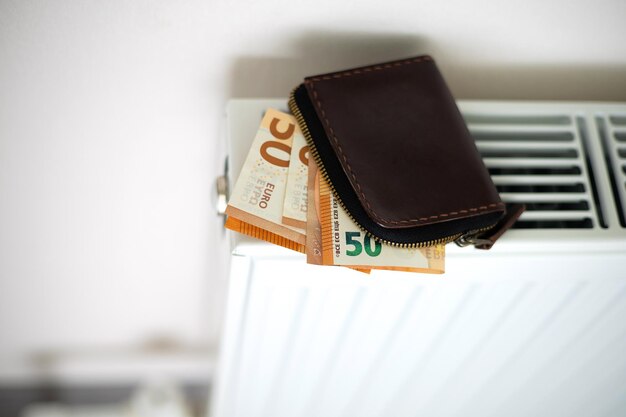What Are the Average Monthly Utility Costs for an Apartment—and How Can You Save?
Moving into an apartment brings the excitement of new beginnings, but it also comes with practical concerns, such as managing monthly expenses. Among these, utilities can sometimes sneak up as an unexpected surprise. So, how much do utilities cost per month in an apartment? And how can you manage these costs effectively?
Breaking Down Utility Costs
Utility costs vary widely based on several factors, including the apartment’s location, size, and seasonality, as well as your household's energy consumption habits.
- Electricity: On average, electricity can cost anywhere from $30 to $100 per month for a typical one-bedroom apartment. This cost typically covers lighting, heating/cooling systems, and appliances.
- Water and Sewer: These services are often included in rent, but if not, they usually range from $20 to $50 per month.
- Gas: In apartments that use gas for heating or cooking, expect to pay between $10 and $30 per month.
- Internet and Cable: Depending on your plan and provider, you may spend $50 to $100 monthly on these services.
Collectively, a reasonable estimate for monthly utilities in a modest-sized apartment is around $150 to $250. However, this can escalate quickly with increased energy consumption or additional service fees.
Strategies for Managing Utility Costs
Utility costs can be burdensome, but smart habits and leveraging available resources can make a difference.
Energy-Saving Tips
- Invest in Energy-Efficient Appliances: They might be pricier upfront, but they save more in the long run.
- Use Smart Thermostats: These can reduce energy costs by tailoring heating and cooling to your lifestyle.
- Switch Off and Unplug: Turn off lights when not in use and unplug devices to prevent energy wastage.
Financial Assistance Programs
In times of financial hardship, remember there are programs designed to help:
- LIHEAP (Low Income Home Energy Assistance Program): This provides financial aid for heating and cooling costs.
- Weatherization Assistance Program: Offers services to increase energy efficiency in homes.
- Local Utility Discounts or Rebates: Some utility companies offer discounts or rebate programs, particularly for energy-efficient upgrades.
Exploring Broader Financial Solutions
Managing utility expenses is crucial, but it’s often only one part of the financial juggling act that renters face.
Credit Solutions
If utility bills are piling up, consider these options:
- Credit Counseling Services: Many organizations offer budgeting assistance and can mediate with utility companies to set up manageable payment plans.
- Balance Transfer: Some credit cards offer zero-interest periods on balance transfers—be cautious but proactive!
Educational and Financial Grants
For those pursuing education or vocational training:
- Federal Pell Grants: Available for undergraduate education and can indirectly ease financial burdens by funding schooling costs.
- Education Related Tax Credits: Such as the American Opportunity Credit, which can alleviate part of educational expenses.
Crafting a strategic approach towards these costs and leveraging support programs can simplify what initially seems daunting. Being informed and prepared empowers you to manage your apartment’s utility costs with confidence, leaving you more room to breathe financially.
⚡ Financial Support and Savings Options ⚡
- 📉 LIHEAP: Aid for low-income families on energy bills.
- 🌿 Weatherization Assistance: Improves the energy efficiency of homes.
- 💳 Credit Counseling Services: Help with budgeting and planning.
- 🔋 Utility Rebates: Check with local providers.
- 🎓 Pell Grants: Support for education, freeing up your budget.
- 🏫 Education Tax Credits: Tax relief for education-related expenses.
Managing your utilities is just one piece of the puzzle. Explore these resources to gain more stability and peace of mind.

